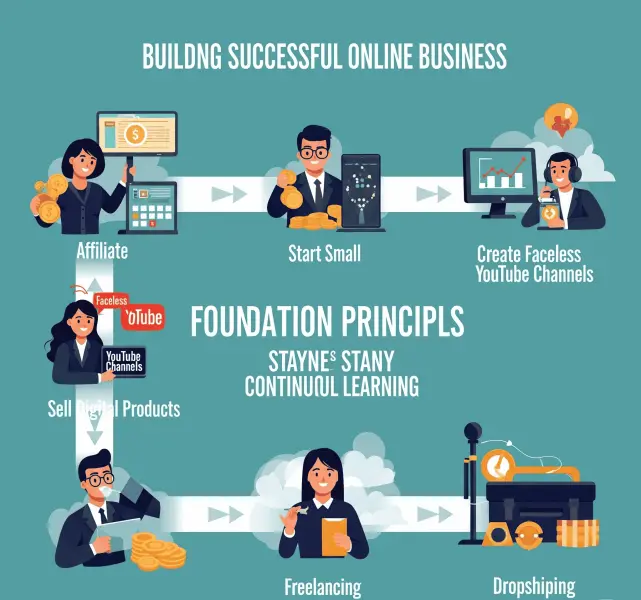and-making-the-right-choice-for-your-career">Freelancers vs. Remote Employees: Understanding the Key Differences and Making the Right Choice for Your Career

In today's ever-evolving work landscape, professionals have more options than ever before when it comes to how they earn a living. Two popular choices are working as a freelancer or as a remote employee. In this article, we will delve into freelancers vs. remote employees.
In today's ever-evolving work landscape, professionals have more options than ever before when it comes to how they earn a living. Two popular choices are working as a freelancer or as a remote employee. While both offer flexibility
While both offer flexibility and the opportunity to work from anywhere, there are distinct differences between the two that can impact your career trajectory. In this blog post, we'll explore the disparities between freelancers and remote employees, delve into the pros and cons of freelancing, and weigh the advantages of each career path to help you make an informed decision about your future.
Freelancers vs. Remote Employees: Understanding the Difference
- Independence: Freelancers are self-employed individuals who work on a project-to-project basis. They have full control over their work schedule, clients, and workload.
- Flexibility: Freelancers have the freedom to choose when and where they work, allowing for a better work-life balance.
- Varied Income: Freelancers' income can fluctuate depending on the number and nature of projects they undertake. They are responsible for managing their finances and securing their next gig.
- Employment Status: Remote employees are hired by a company and work remotely rather than in a traditional office setting. They are typically offered benefits such as health insurance, paid time off, and retirement plans.
- Structured Schedule: Remote employees follow a set schedule determined by their employer, with expectations for regular hours and availability.
- Stability: Remote employees enjoy the stability of a consistent paycheck and may have opportunities for career advancement within their company.
Pros and Cons of Working Freelance
- Flexibility: Freelancers have the freedom to choose their projects, set their rates, and work on their terms.
- Variety: Freelancing offers the opportunity to work on diverse projects and collaborate with clients from different industries.
- Independence: Freelancers have autonomy over their work, allowing for creative freedom and self-direction.
- Income Stability: Freelancers may experience fluctuations in income due to the unpredictable nature of project-based work.
- Self-Employment Responsibilities: Freelancers are responsible for managing their own taxes, insurance, and retirement planning.
- Isolation: Working independently as a freelancer can lead to feelings of loneliness and isolation, especially for those accustomed to working in a team environment.
Advantages of Freelancing vs. Being an Employee
While freelancing offers greater flexibility and autonomy, working as a remote employee provides stability and benefits such as healthcare and retirement plans. Ultimately, the choice between freelancing and traditional employment depends on individual preferences, lifestyle, and career goals.
Is it Better to Work for a Company or Freelance?
There is no one-size-fits-all answer to this question, as the right choice depends on your circumstances and career aspirations. Some individuals thrive in the freedom and flexibility of freelancing, while others prefer the stability and structure of traditional employment. It's essential to weigh the pros and cons of each option carefully and consider factors such as income stability, work-life balance, and long-term career growth.
In conclusion, both freelancing and remote employment offer unique advantages and challenges. Whether you choose to pursue freelance work or opt for a remote position with a company, the key is to align your choice with your values, goals, and lifestyle preferences. By understanding the differences between freelancing and remote employment and carefully evaluating your options, you can make an informed decision that sets you on the path to a fulfilling and rewarding career.
End of Article


Comments